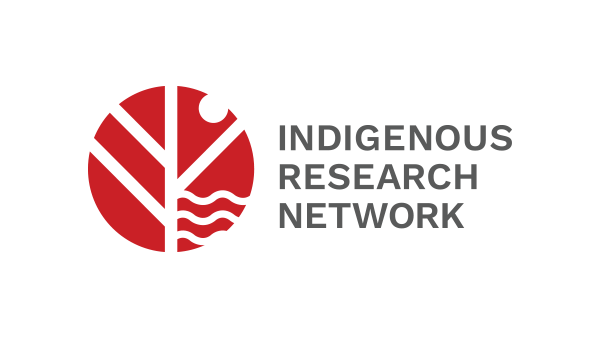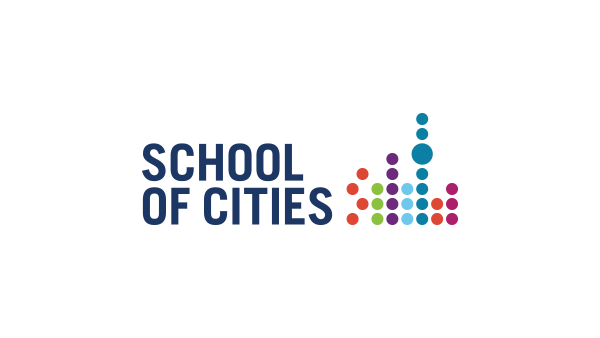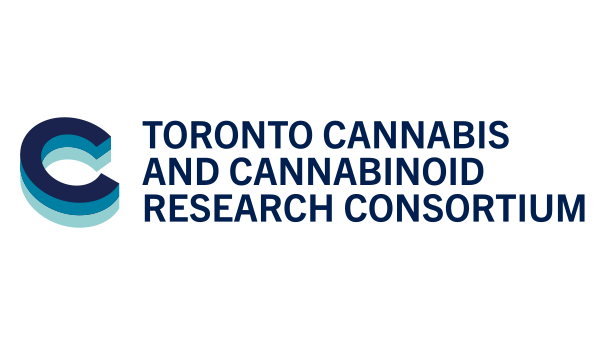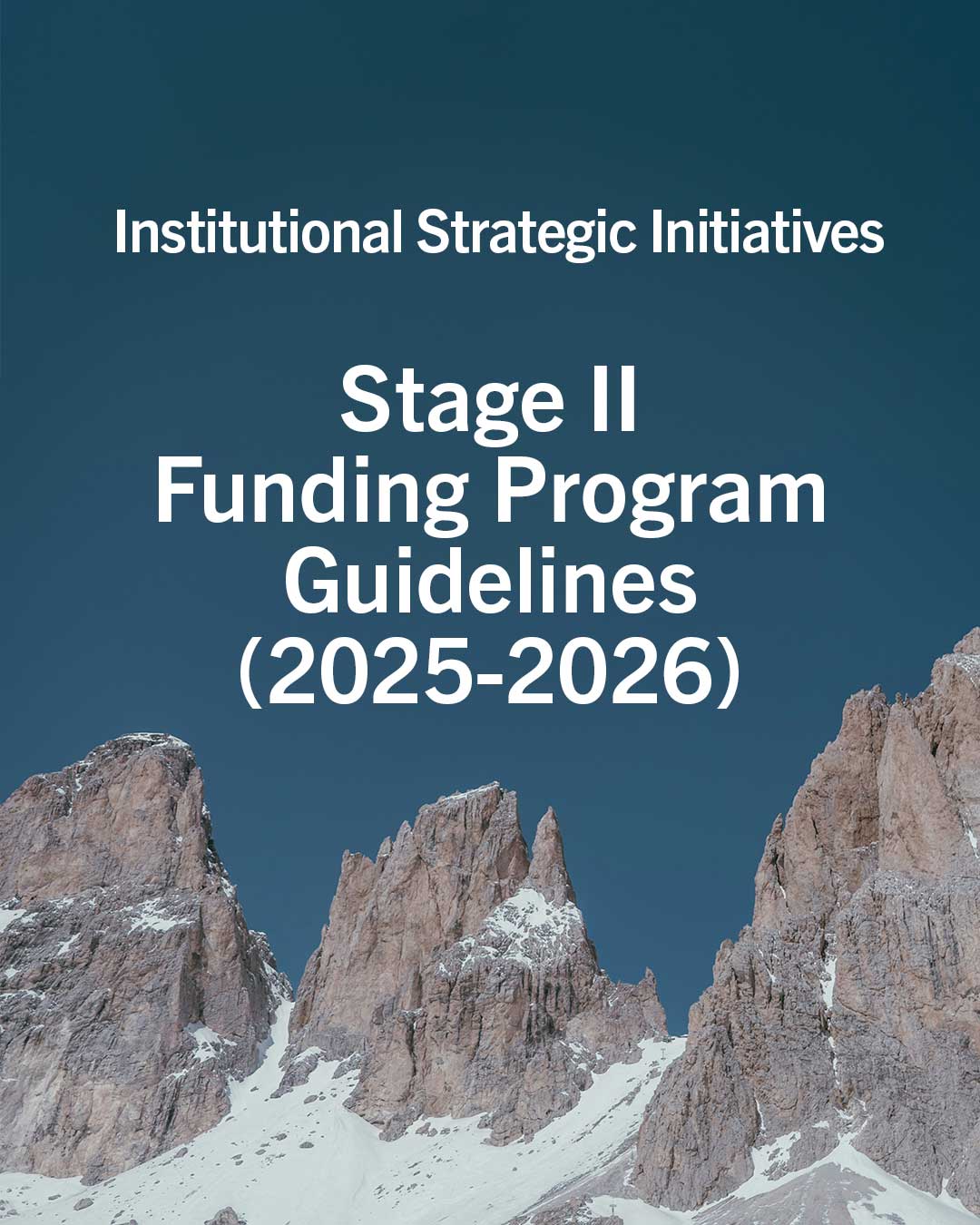
ISI Stage II Funding
Stage II will offer up to five years of funding to support core operational costs of implementing an initiative’s strategic plan, including growing the network through activities aimed at strengthening collaboration, partnership-building, knowledge mobilization, research training and other relevant activities. All Stage II initiatives will include a focus on securing significant external funding.
Expression of Interest (EOI) deadline: May 26, 2025 at 5pm
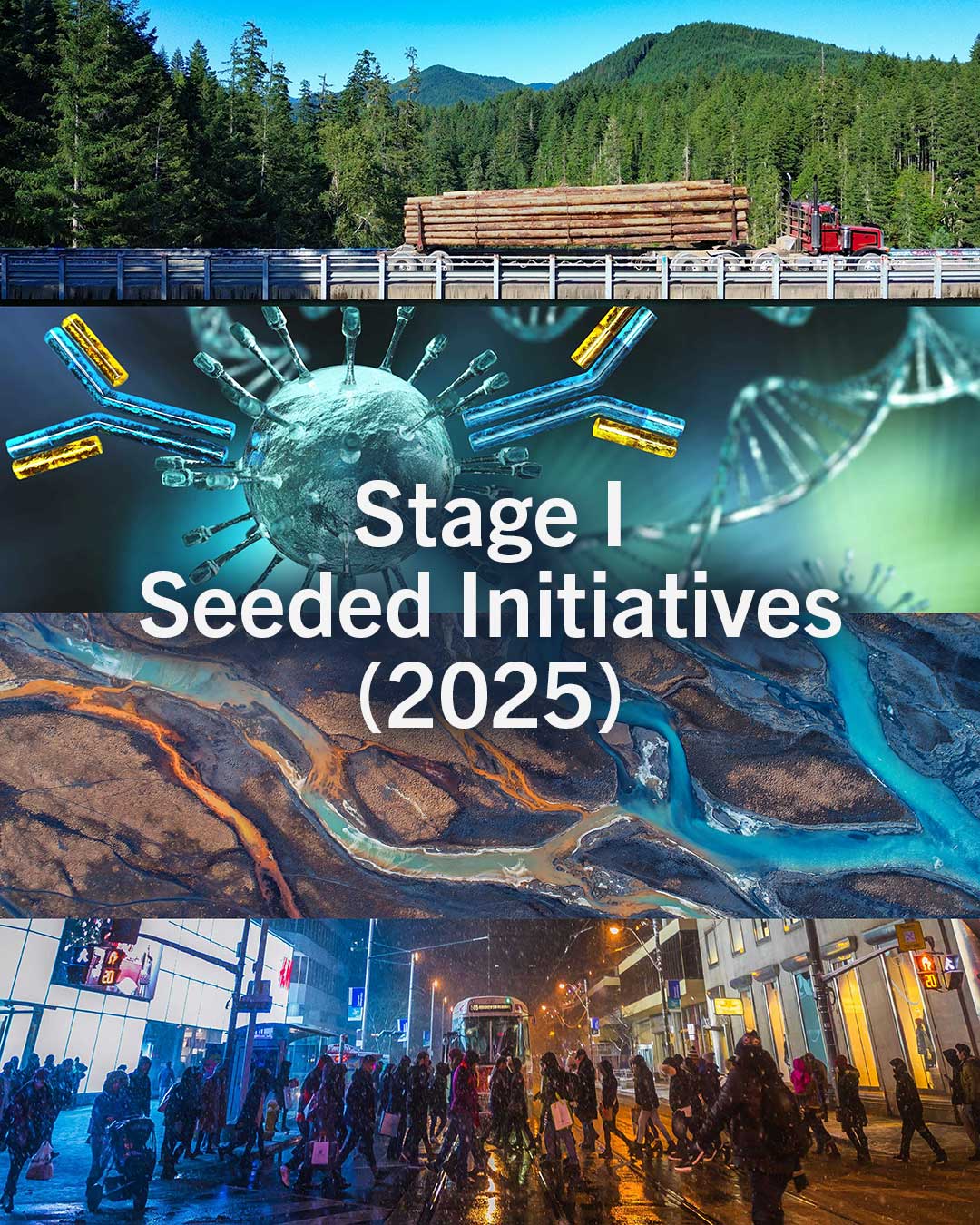
Learn more about Stage I Seeded Initiatives
Learn more about the four Stage I seed-funded initiatives:
- The Bioeconomy and Sustainable Materials Institute (BSMI)
- The Canadian Antibody and Biologics Innovation Nexus (CABIN)
- One Health
- Toronto Population Network
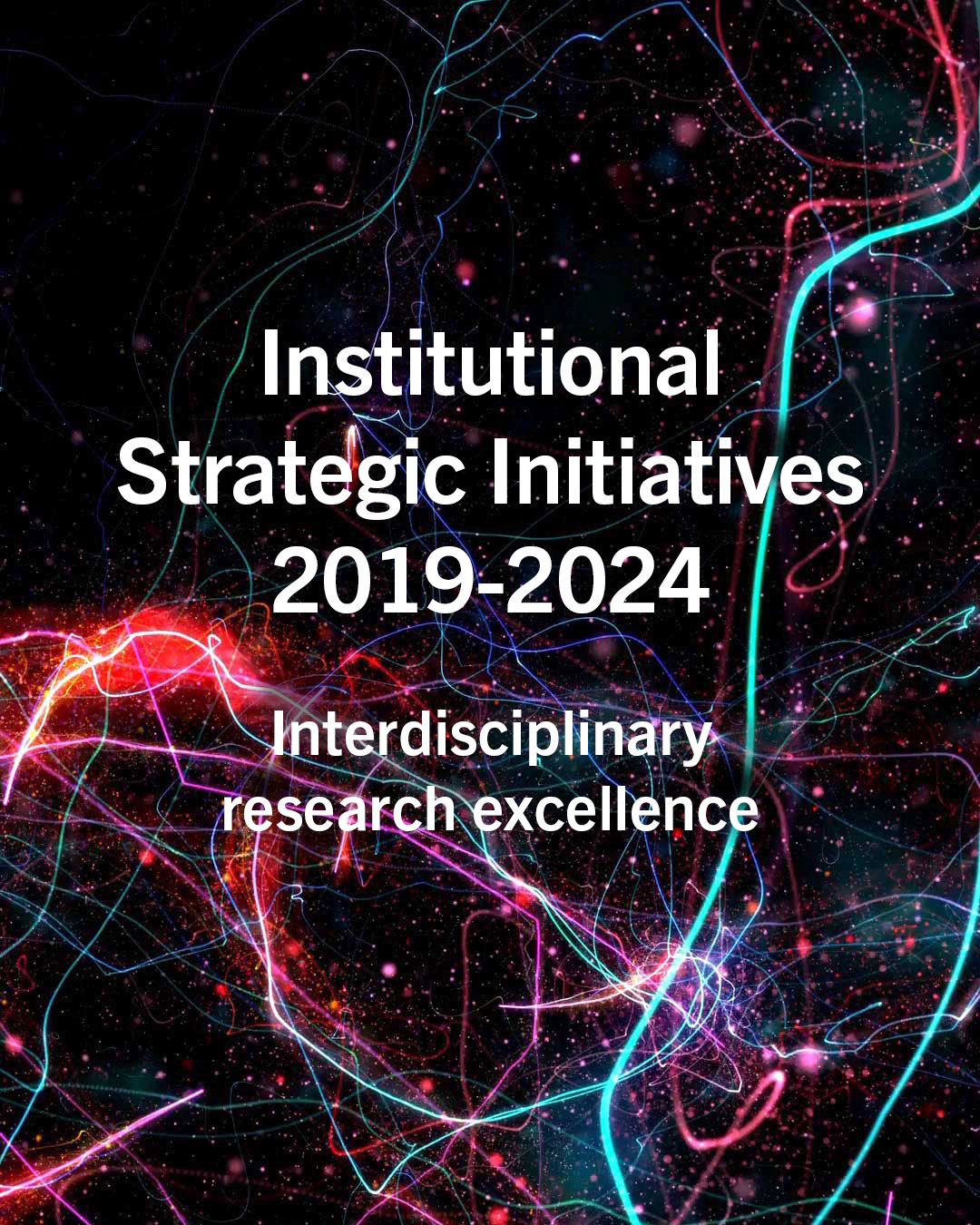
The ISI Impact Report is out!
The report features success stories from U of T’s 22 Institutional Strategic Initiatives (ISIs) and the special projects our office supports.
Over the past five years, the university’s ISIs have made tremendous strides in addressing our most pressing social, economic, political, and environmental issues. Our report showcases those stories and highlights how important the ISIs are to the university community—they are strengthening collaboration, helping to build partnerships, attracting significant external funding, supporting faculty and student research, and creating new training opportunities.
Upcoming events and latest news

Impressions from the BSMI + MTI Industry and Community Workshop
December 5, 2025 | Bioeconomy and Sustainable Materials Institute (BSMI)

Toronto Population Network hosts successful first mini-conference
November 26, 2025 | Population Network

AstraZeneca and the DSI launch new industry partnership
November 25, 2025 | Data Sciences Institute

BRN IGNITE Grant 5.0
November 19, 2025 | Black Research Network

Indigenous Research Network fosters partnerships to launch a global research consortium
November 14, 2025 | Indigenous Research Network

BSMI Team Presents at UTM's STTPA
November 7, 2025 | Bioeconomy and Sustainable Materials Institute (BSMI)








